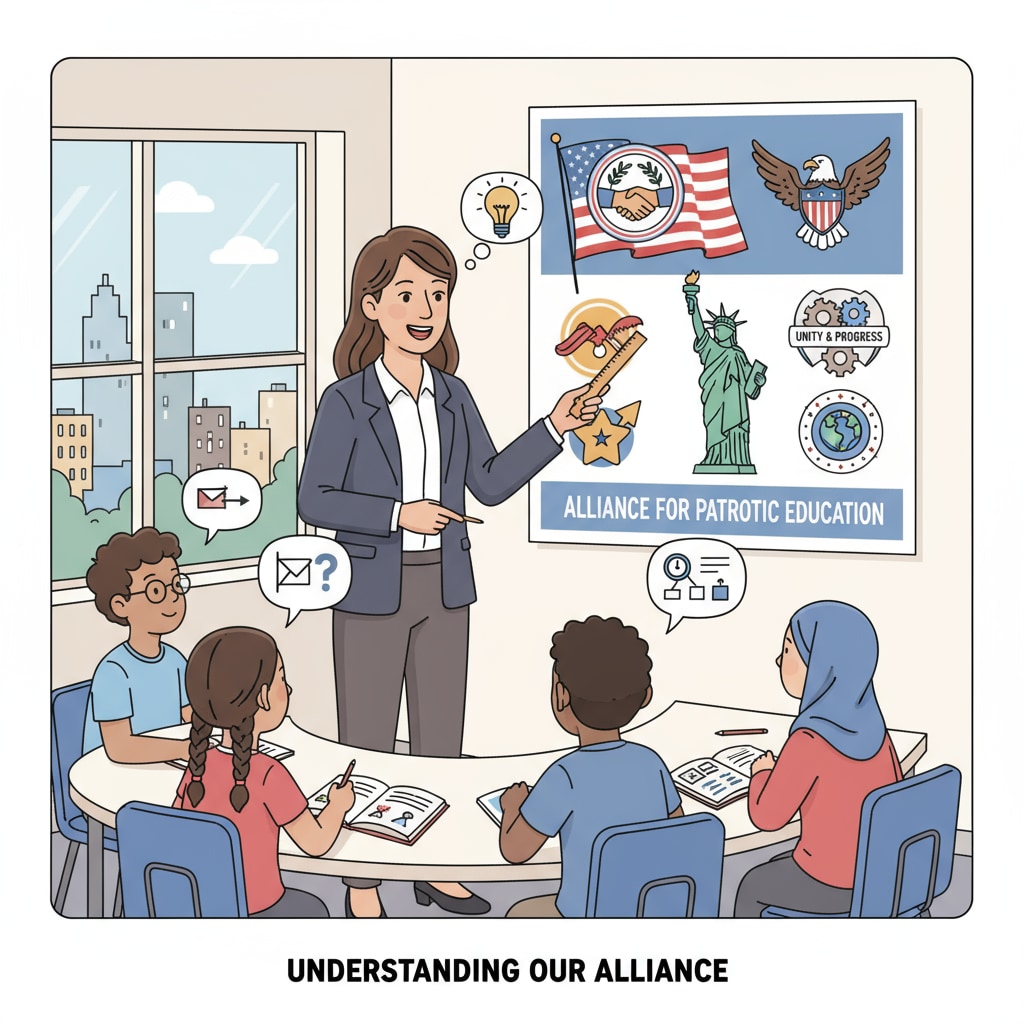The US Department of Education, in collaboration with multiple conservative institutions, has rolled out the America 250 Civic Education Alliance. This development has sent ripples of concern throughout the educational community, especially regarding the potential politicization of K12 education.

The Alleged Purpose of the Alliance
On the surface, the America 250 Civic Education Alliance aims to promote patriotic education. Proponents argue that it will instill in students a deeper sense of national pride and an understanding of the country’s history and values. By emphasizing patriotism, they believe students will become more engaged citizens. For example, they might learn about the founding principles of the United States and how they have shaped the nation over the years. Civic education in the US on Wikipedia

The Hidden Concerns
However, there are underlying concerns. Critics worry that this initiative could lead to the indoctrination of a single set of values. In a diverse society like the United States, educational institutions should foster a wide range of ideas and perspectives. If the alliance promotes a narrow view of patriotism, it may stifle critical thinking. Students need to be able to question and analyze different aspects of their country’s history and present, rather than simply accepting one-sided narratives. Civic education on Britannica
Moreover, the influence of conservative institutions in this alliance has raised eyebrows. There is a fear that educational content could be tailored to fit a particular political ideology. This could limit the exposure of students to a broad spectrum of knowledge and experiences, which are essential for a well-rounded education.
Readability guidance: We’ve used short paragraphs to make the content easier to digest. Each H2 section has a clear focus, and we’ve added relevant external links for further exploration. Transition words like “however” and “moreover” help to connect ideas smoothly.


